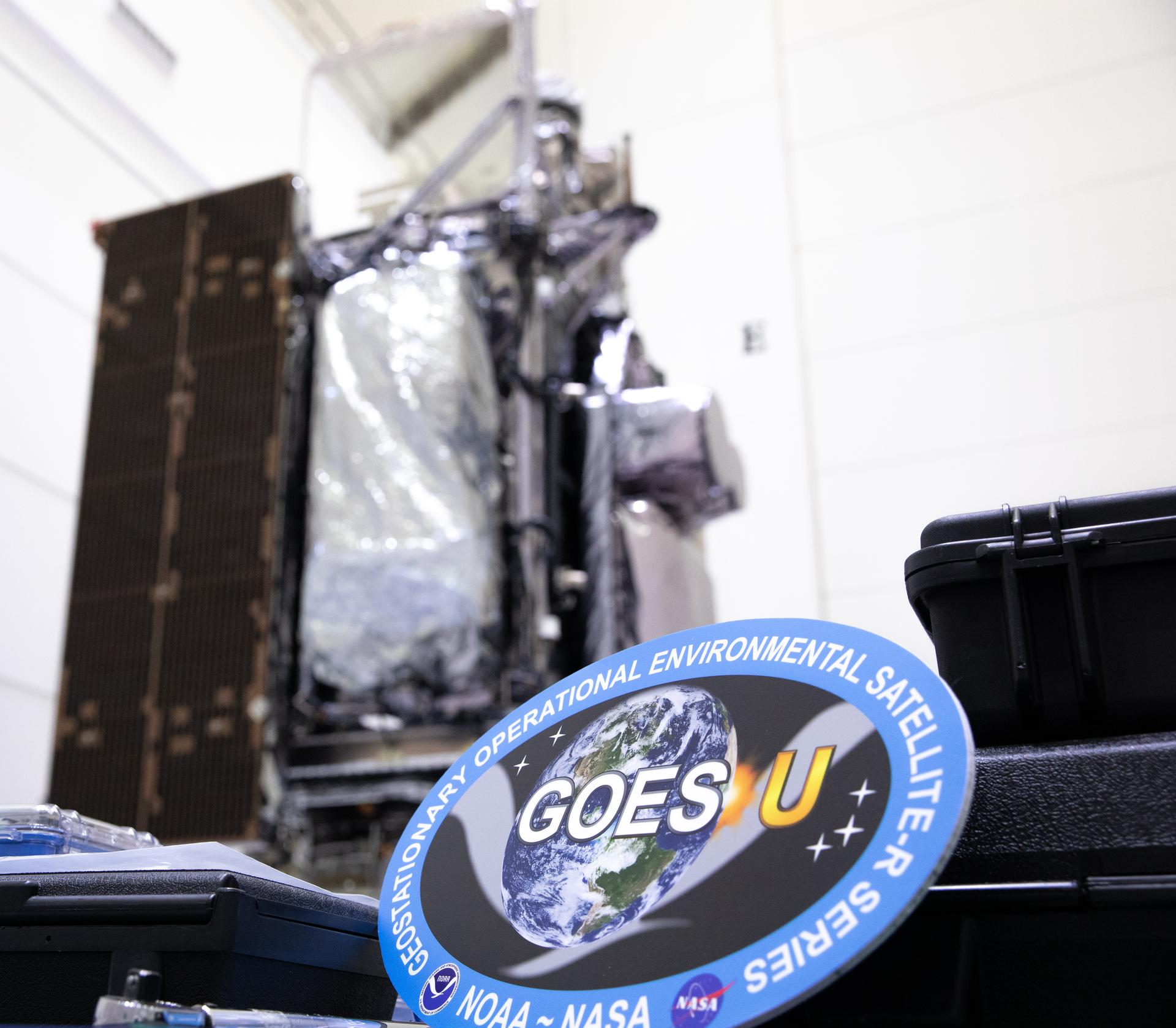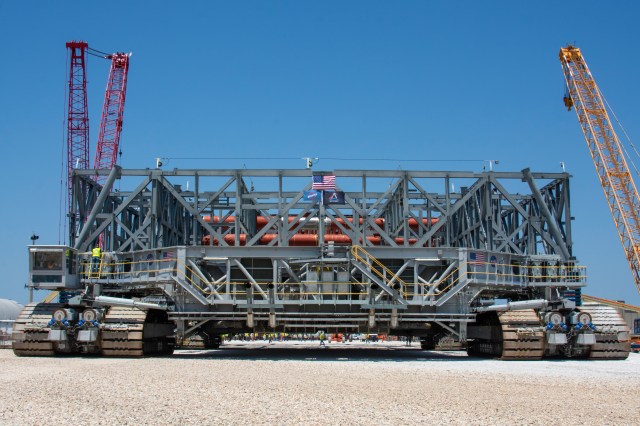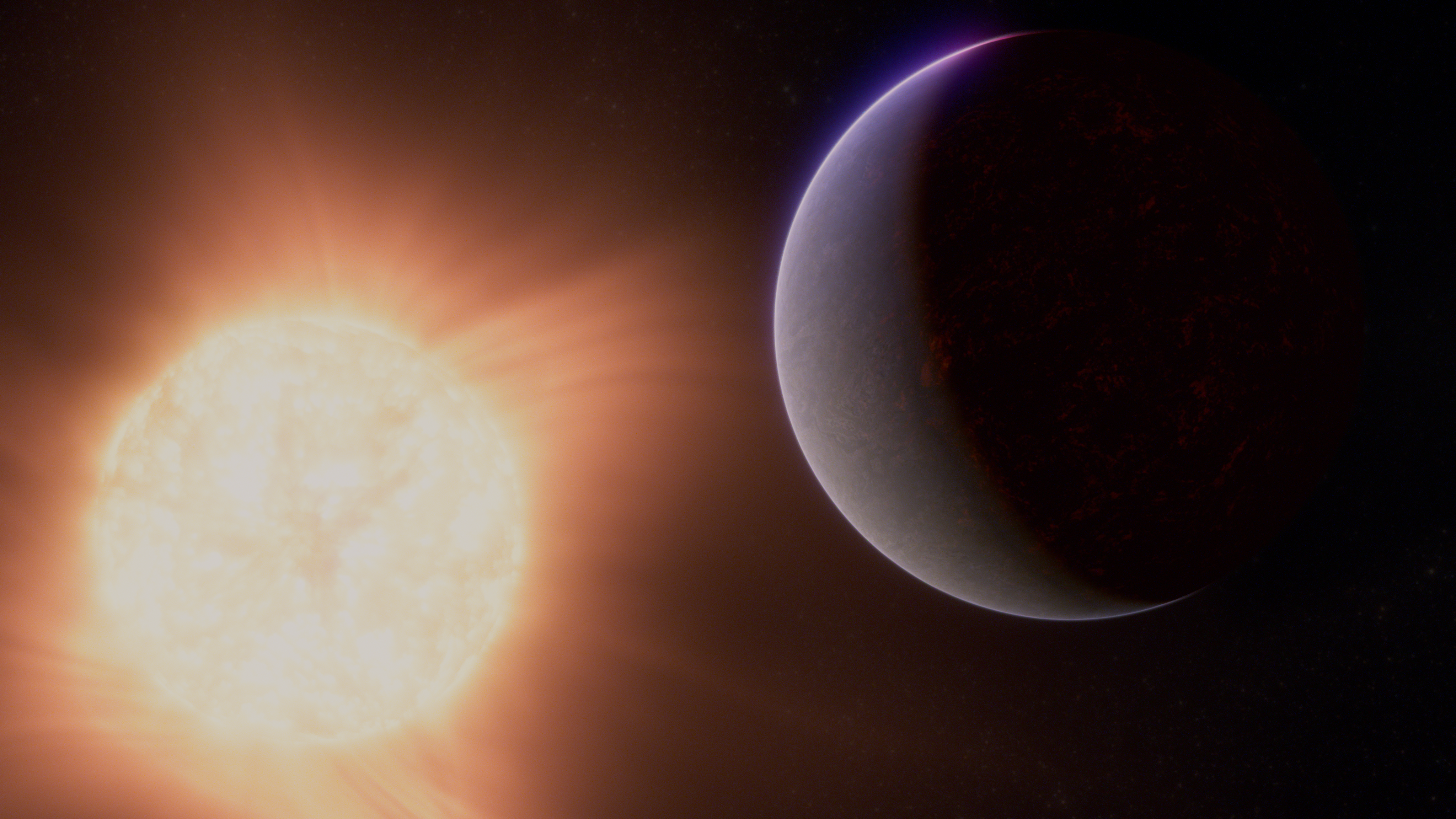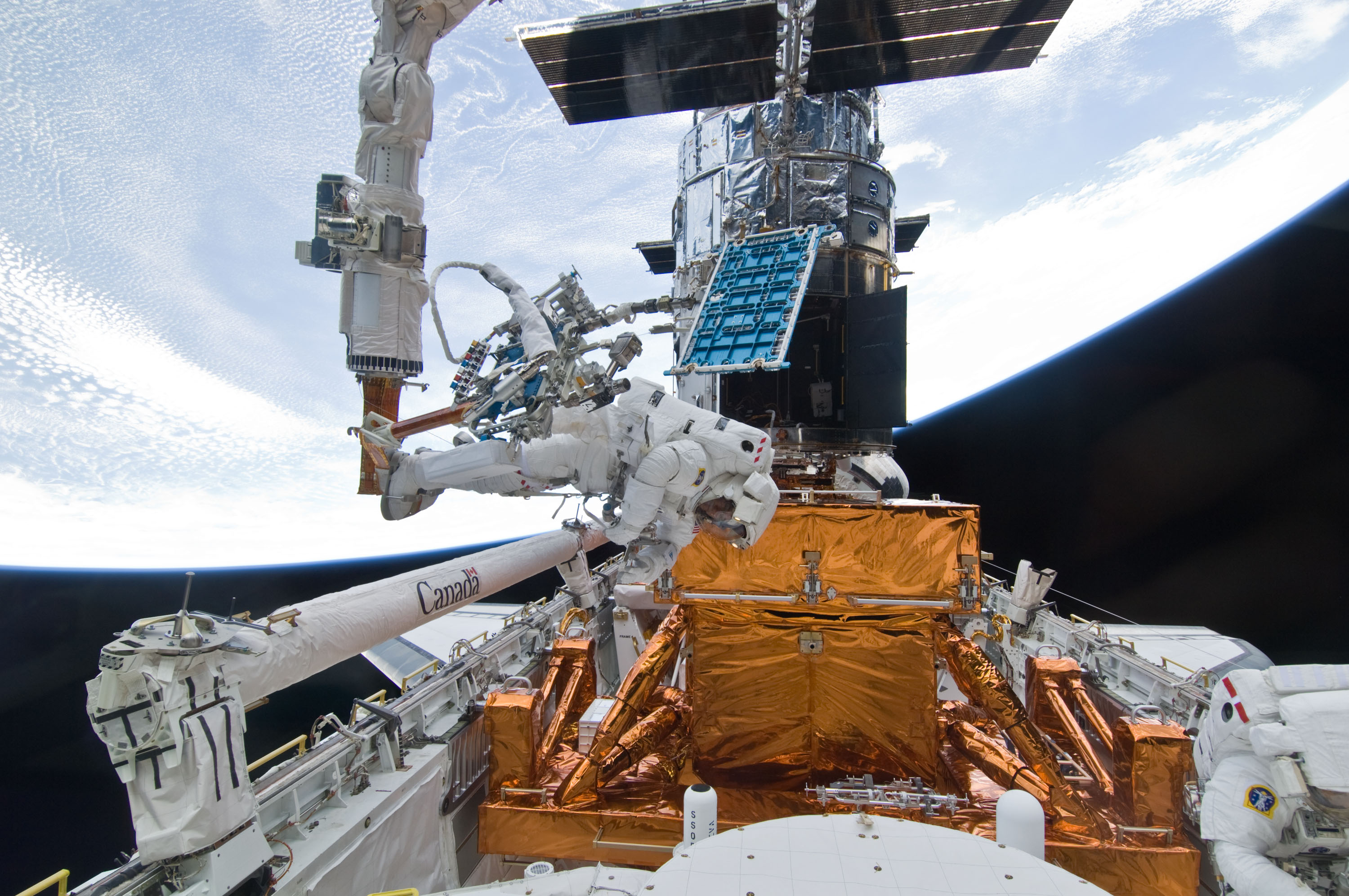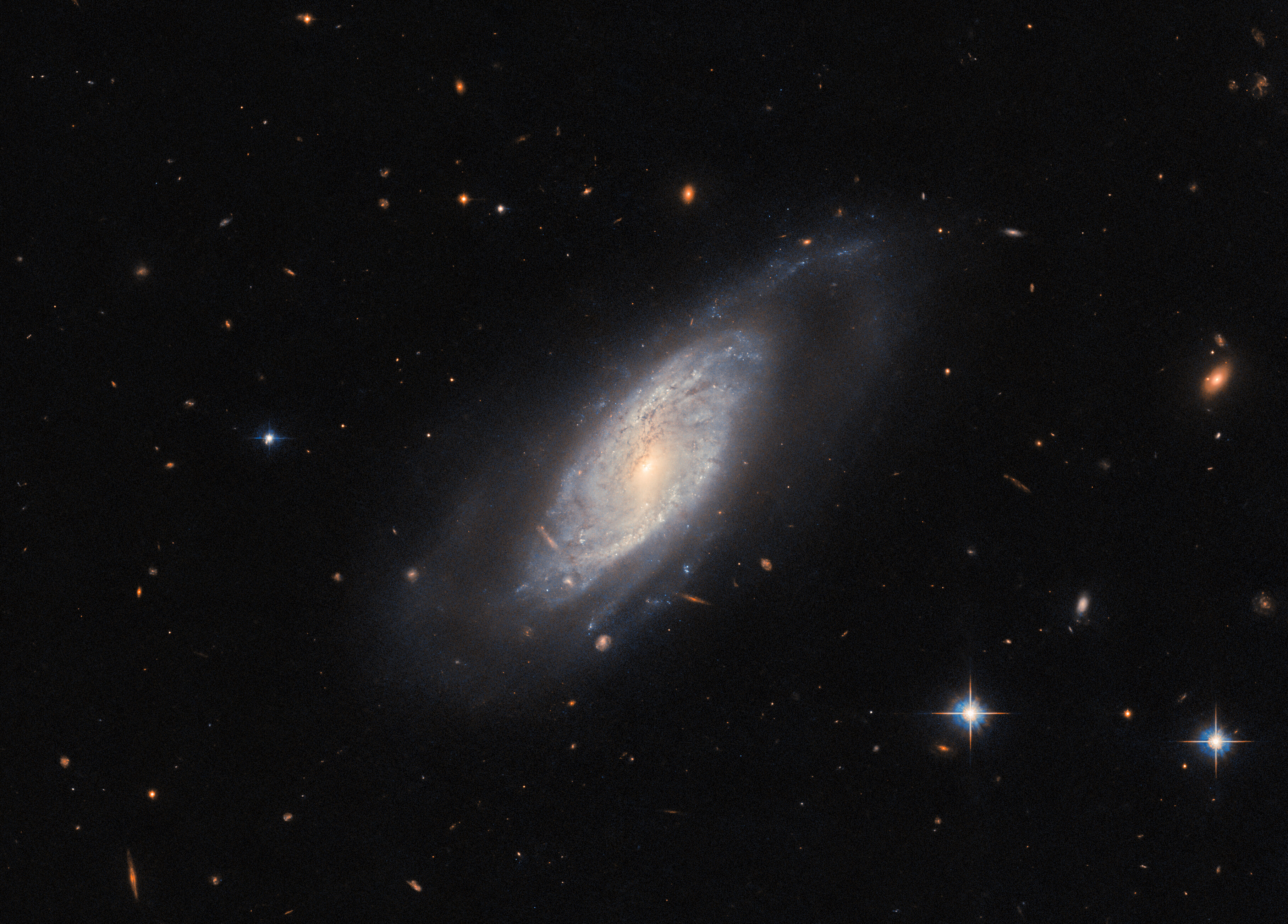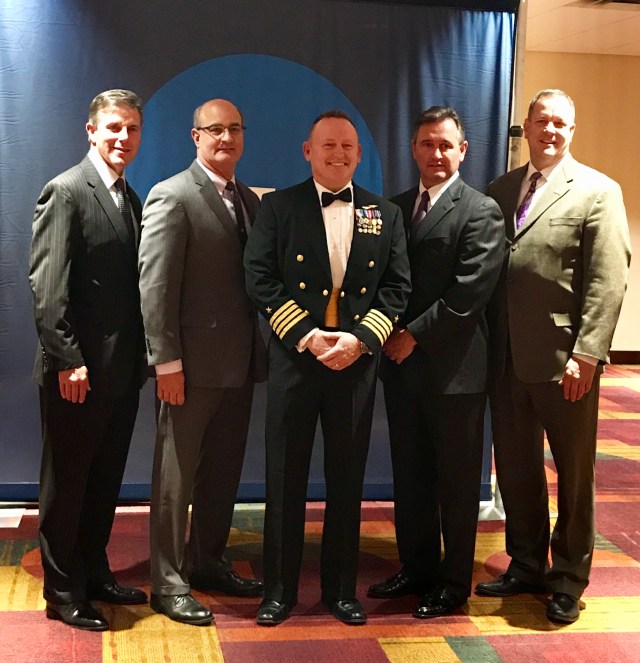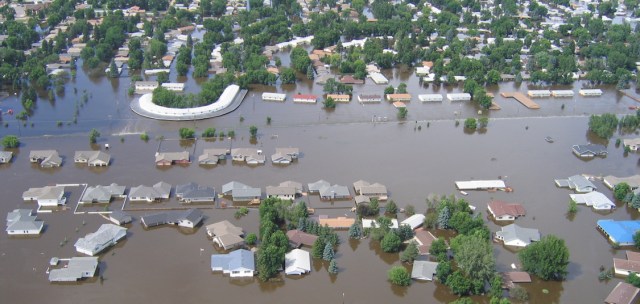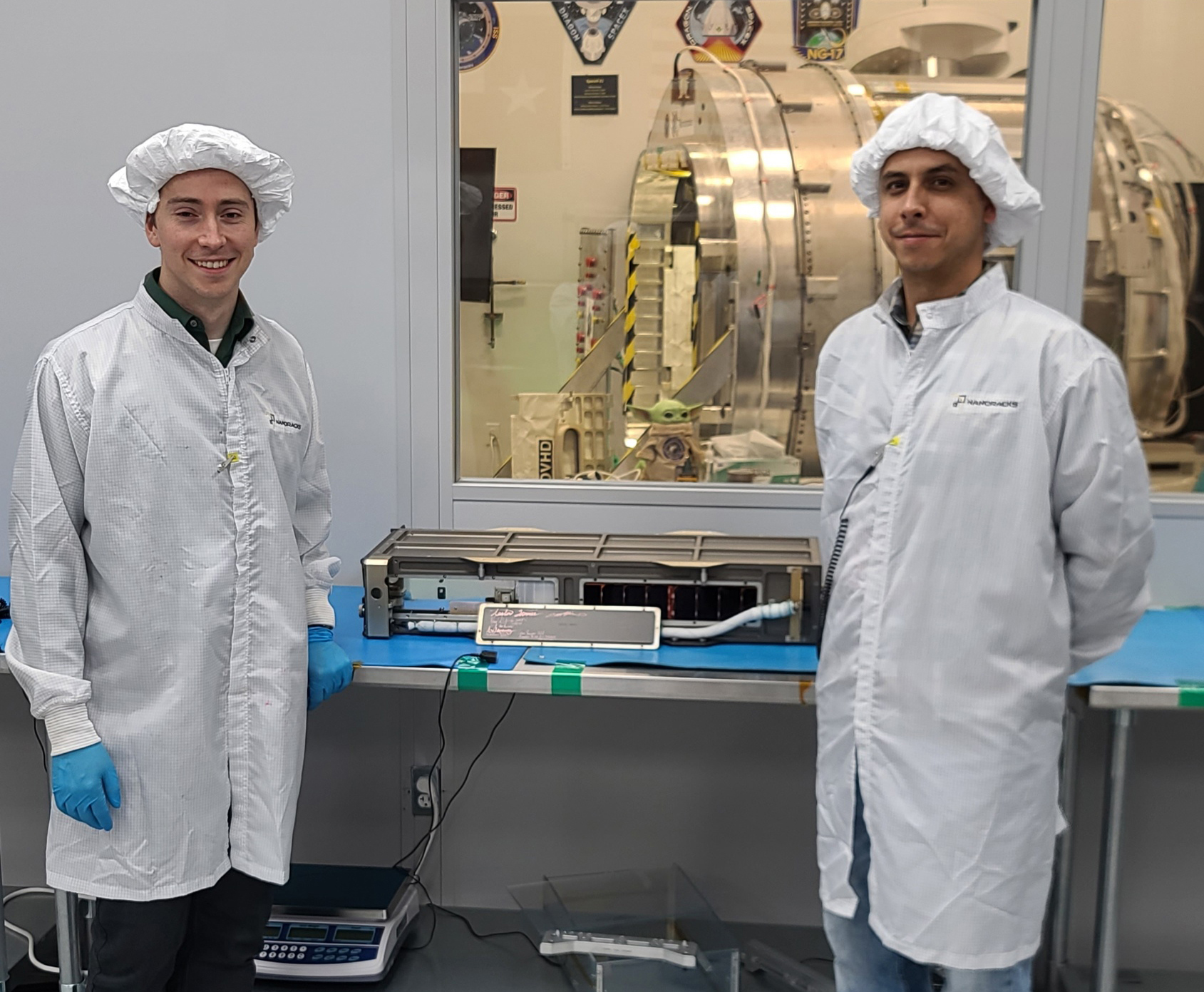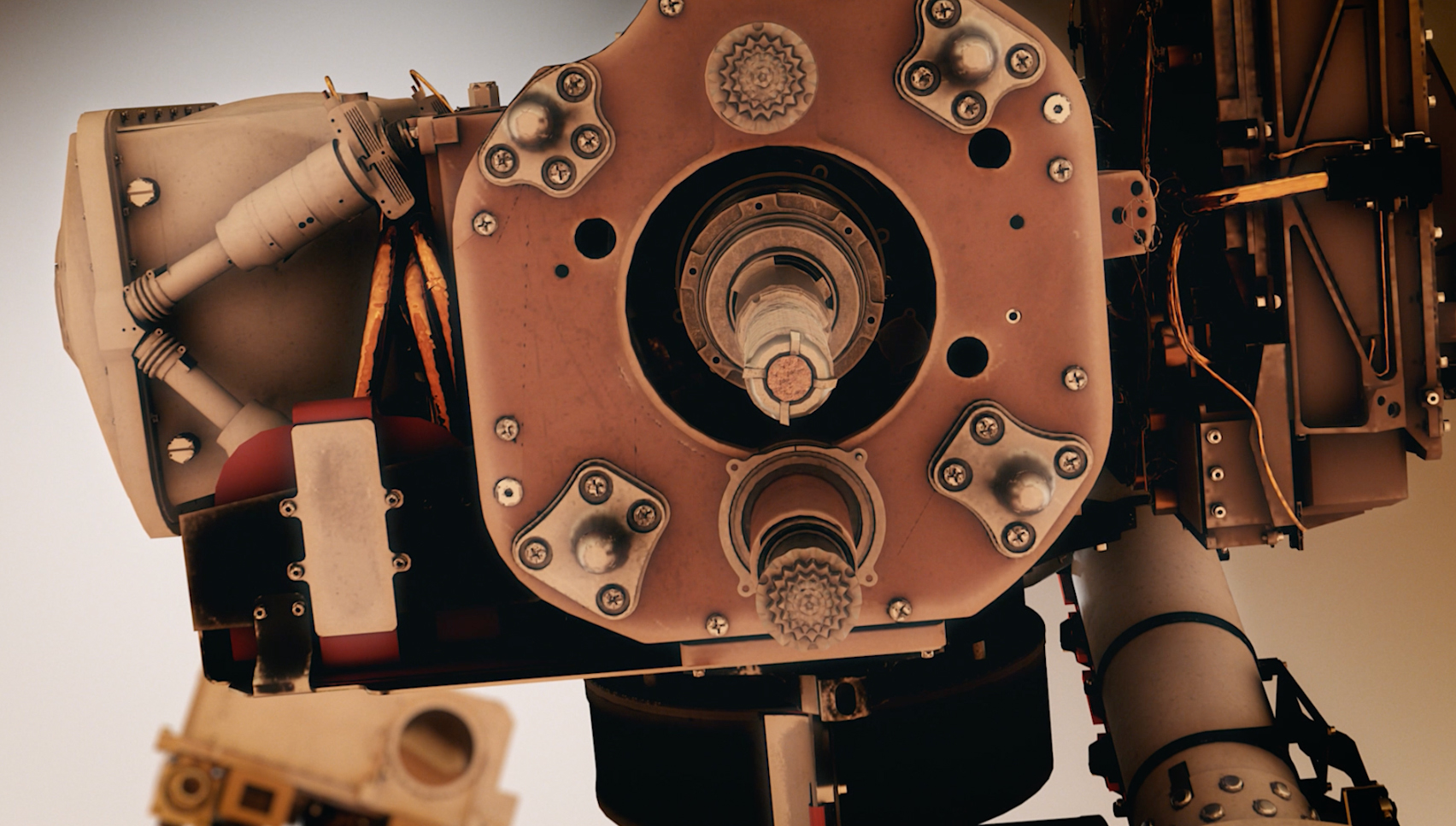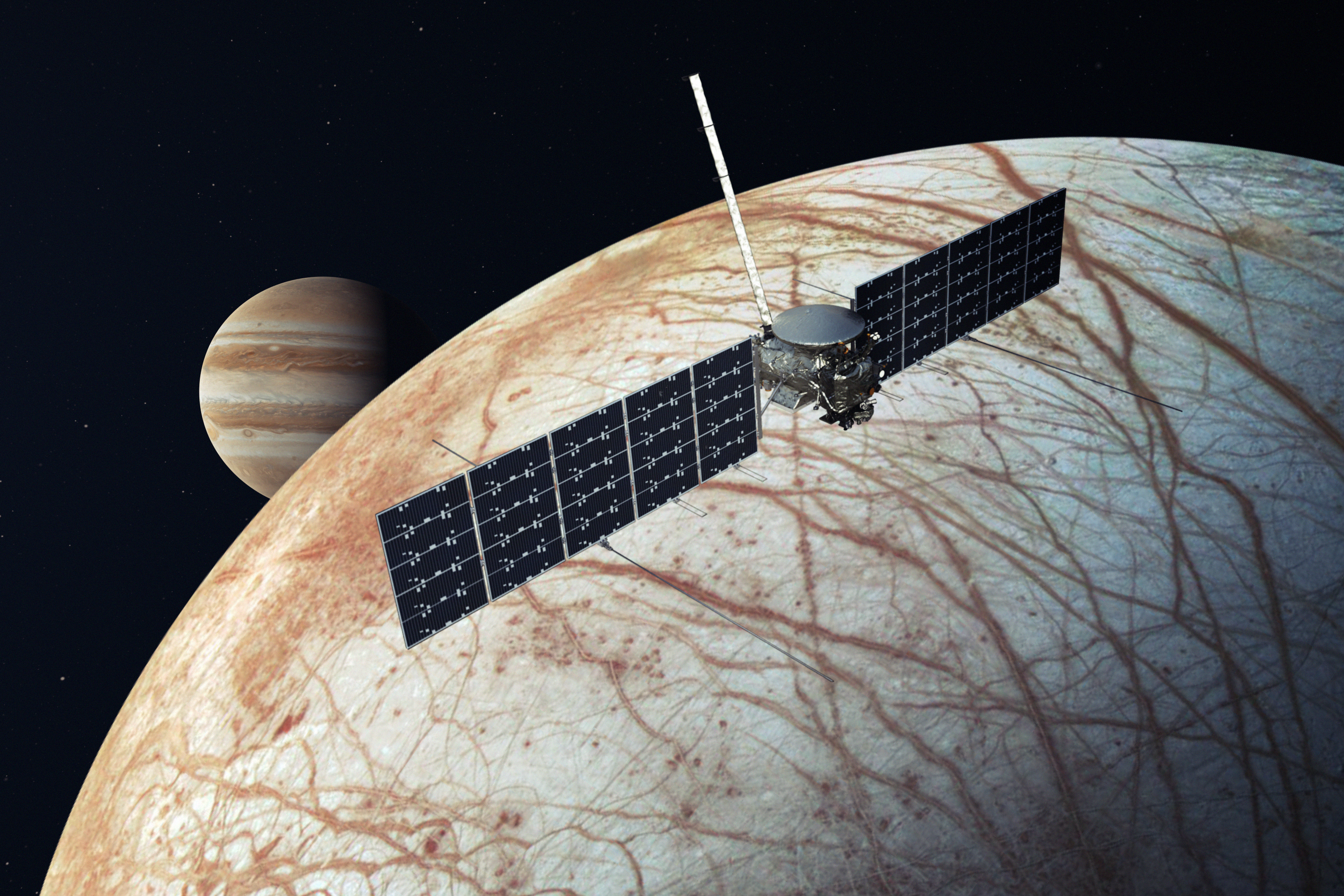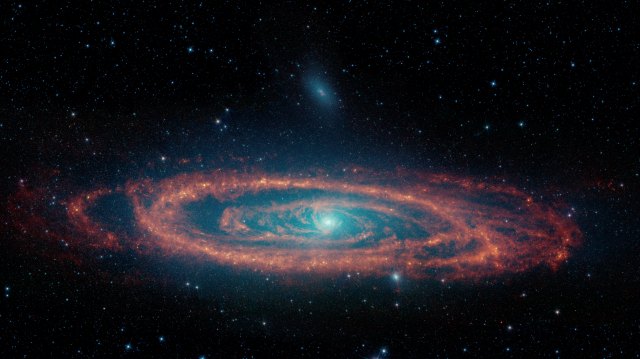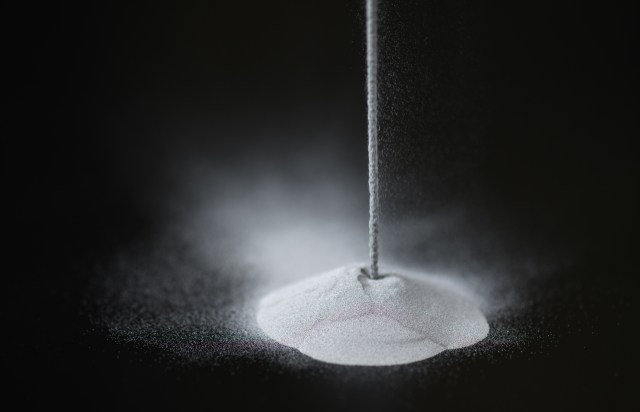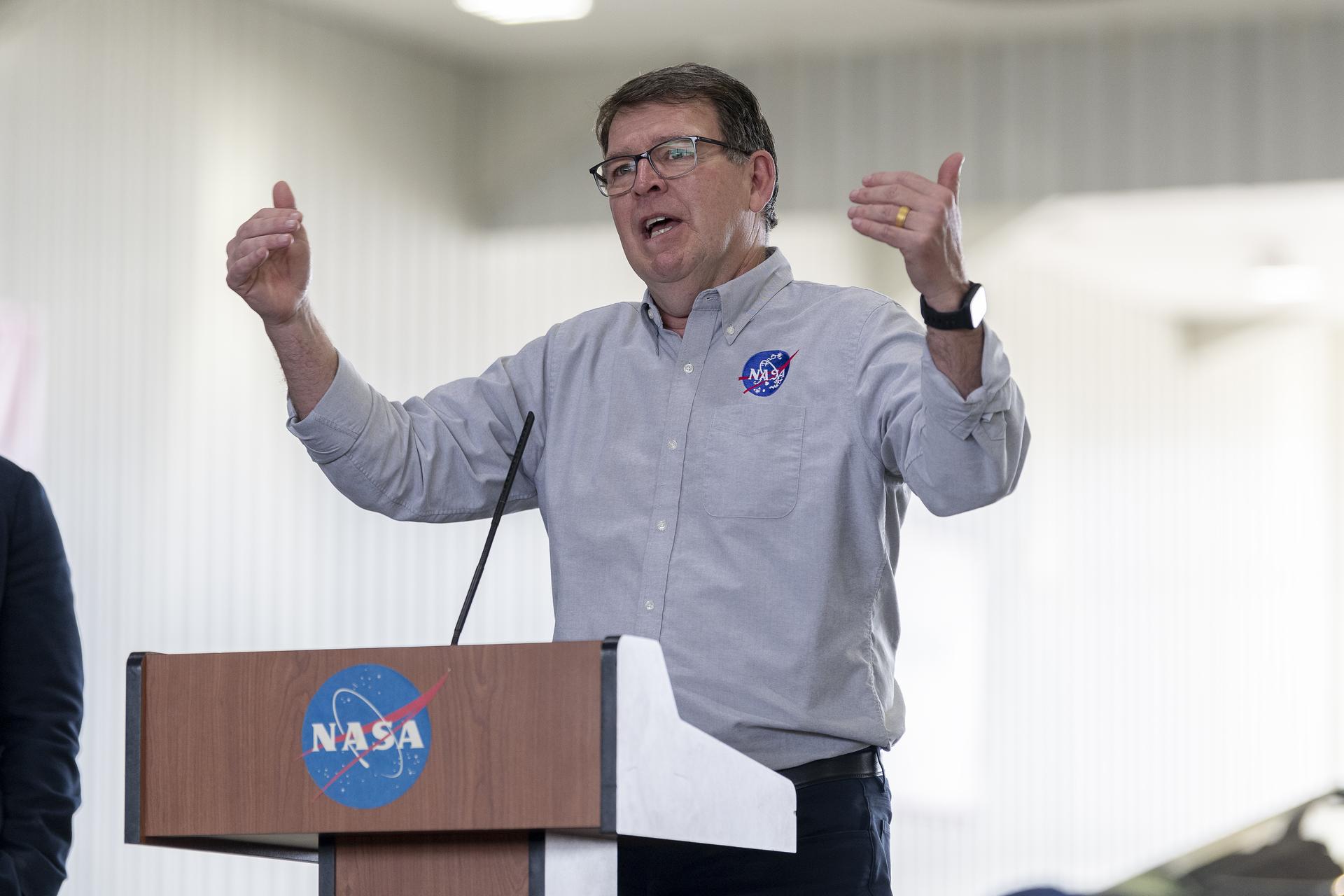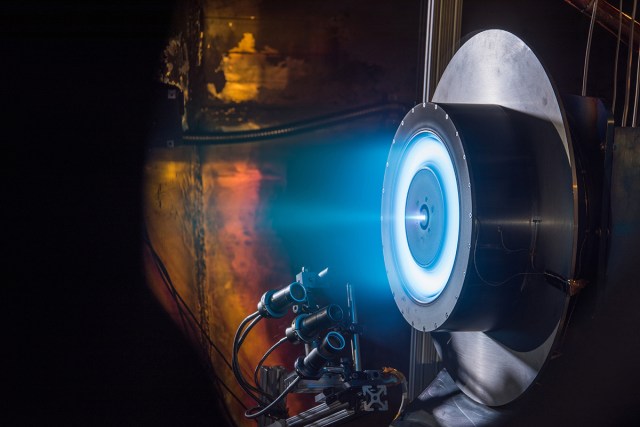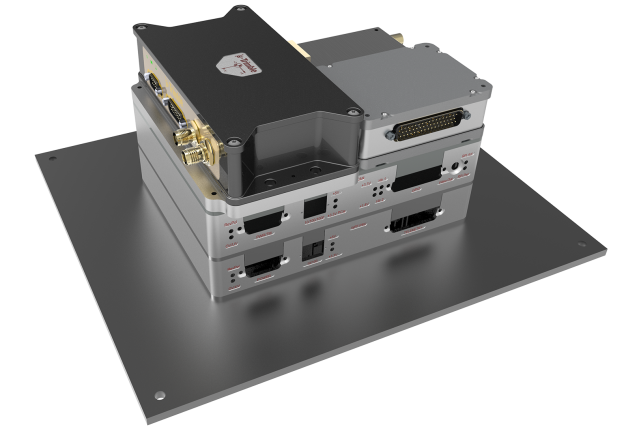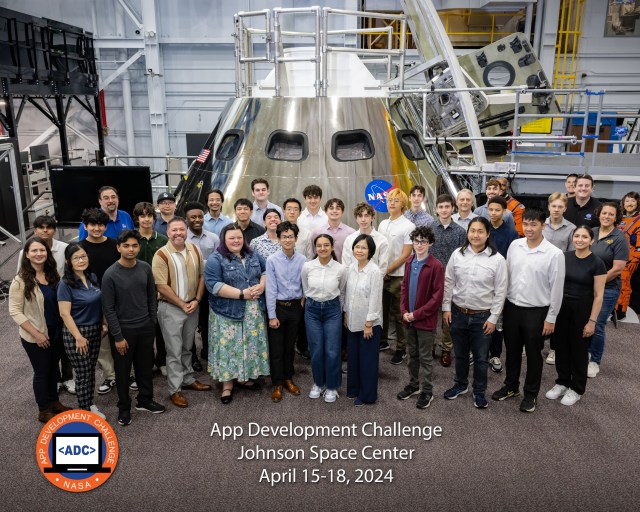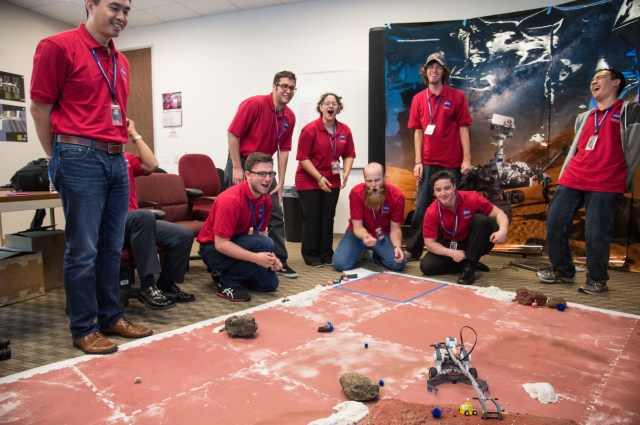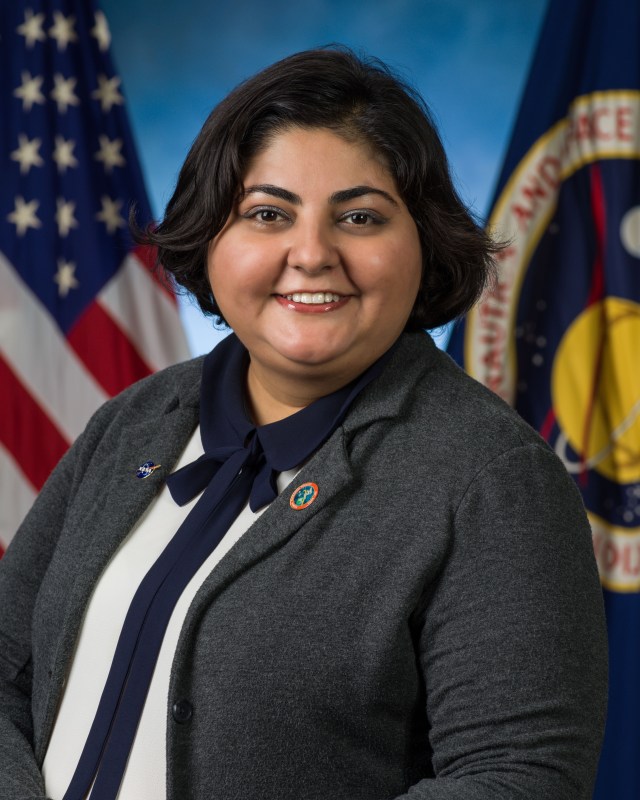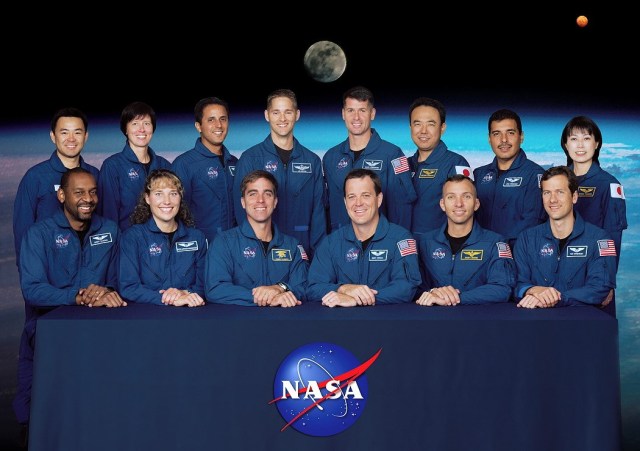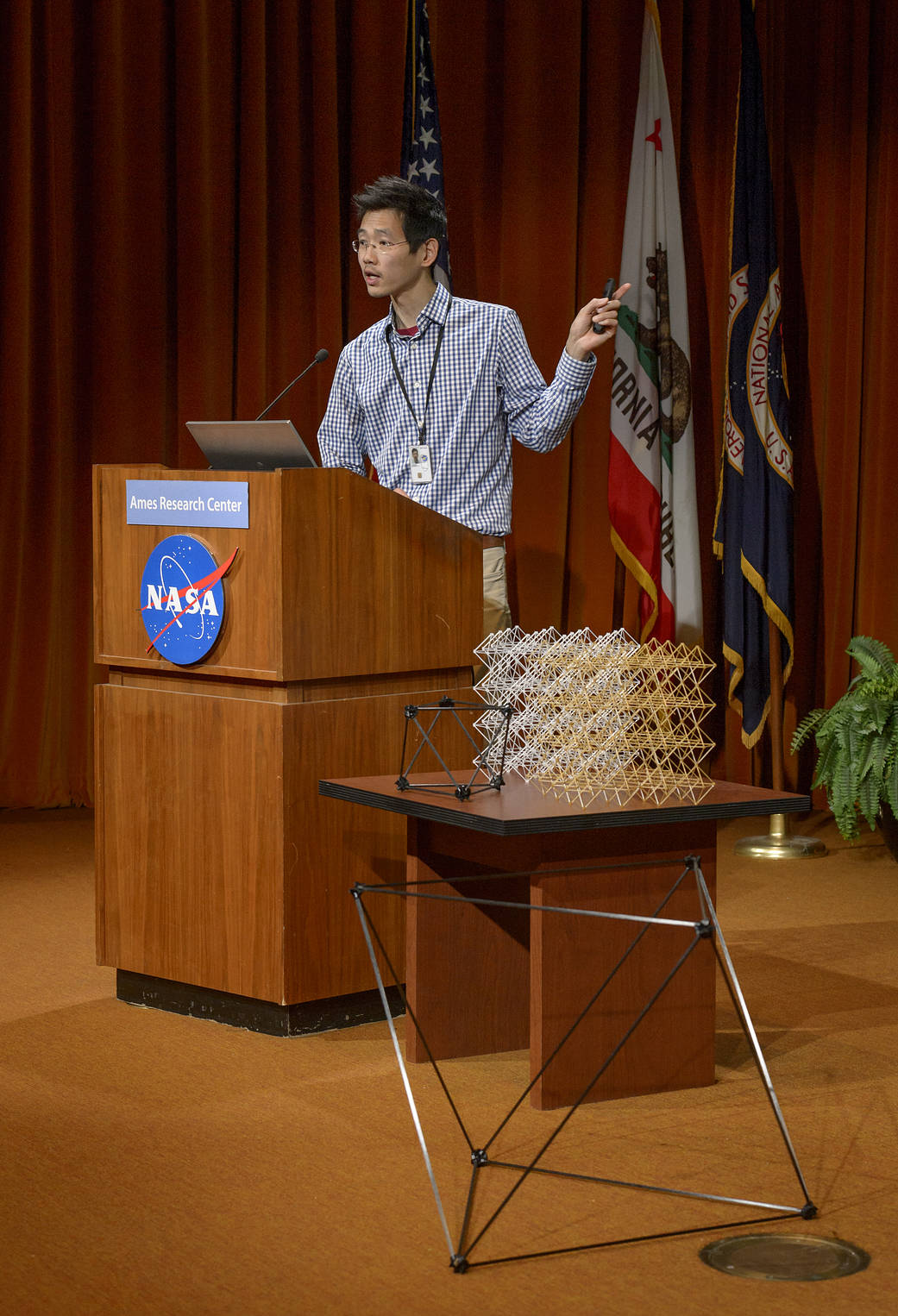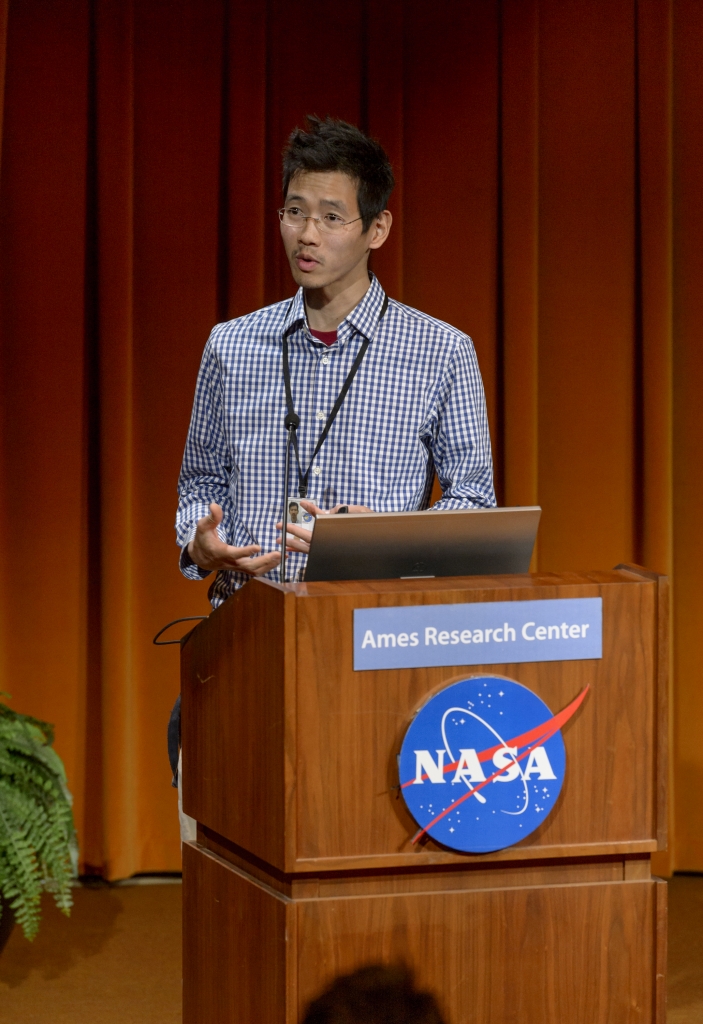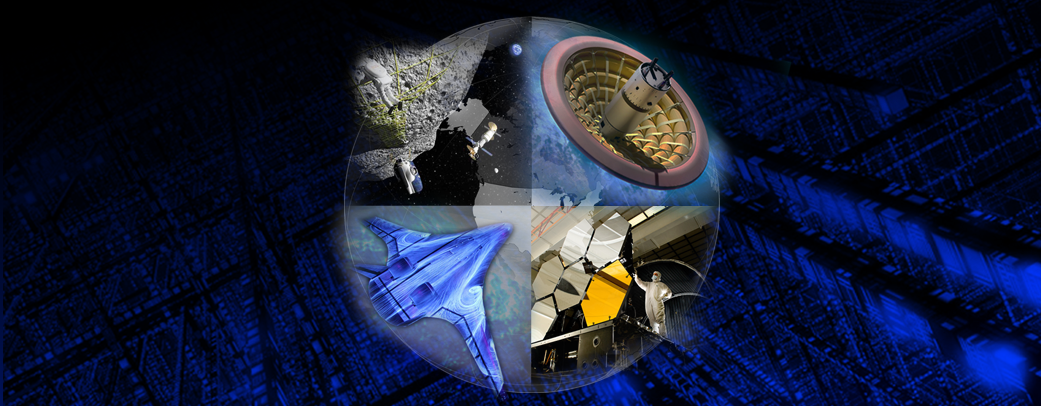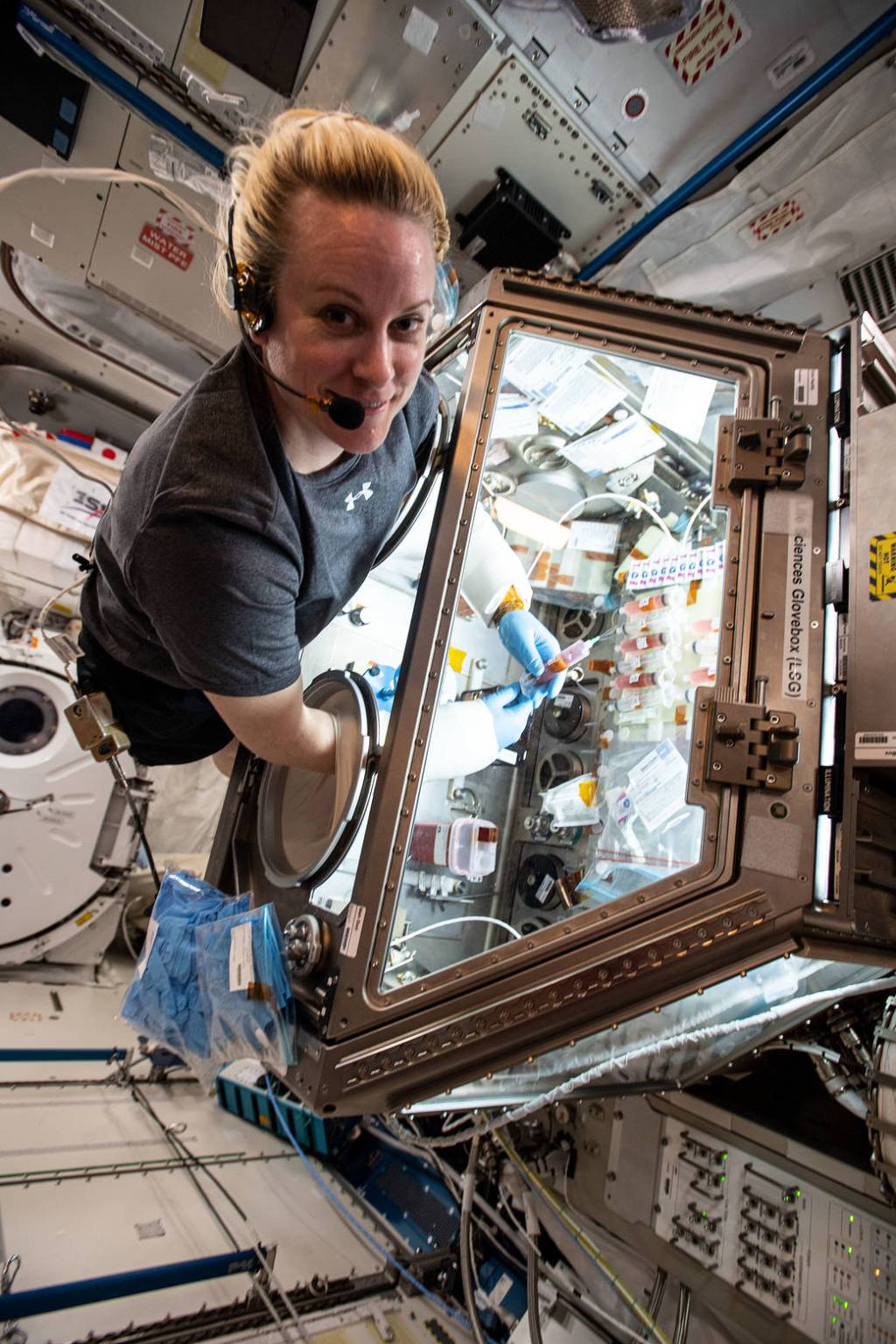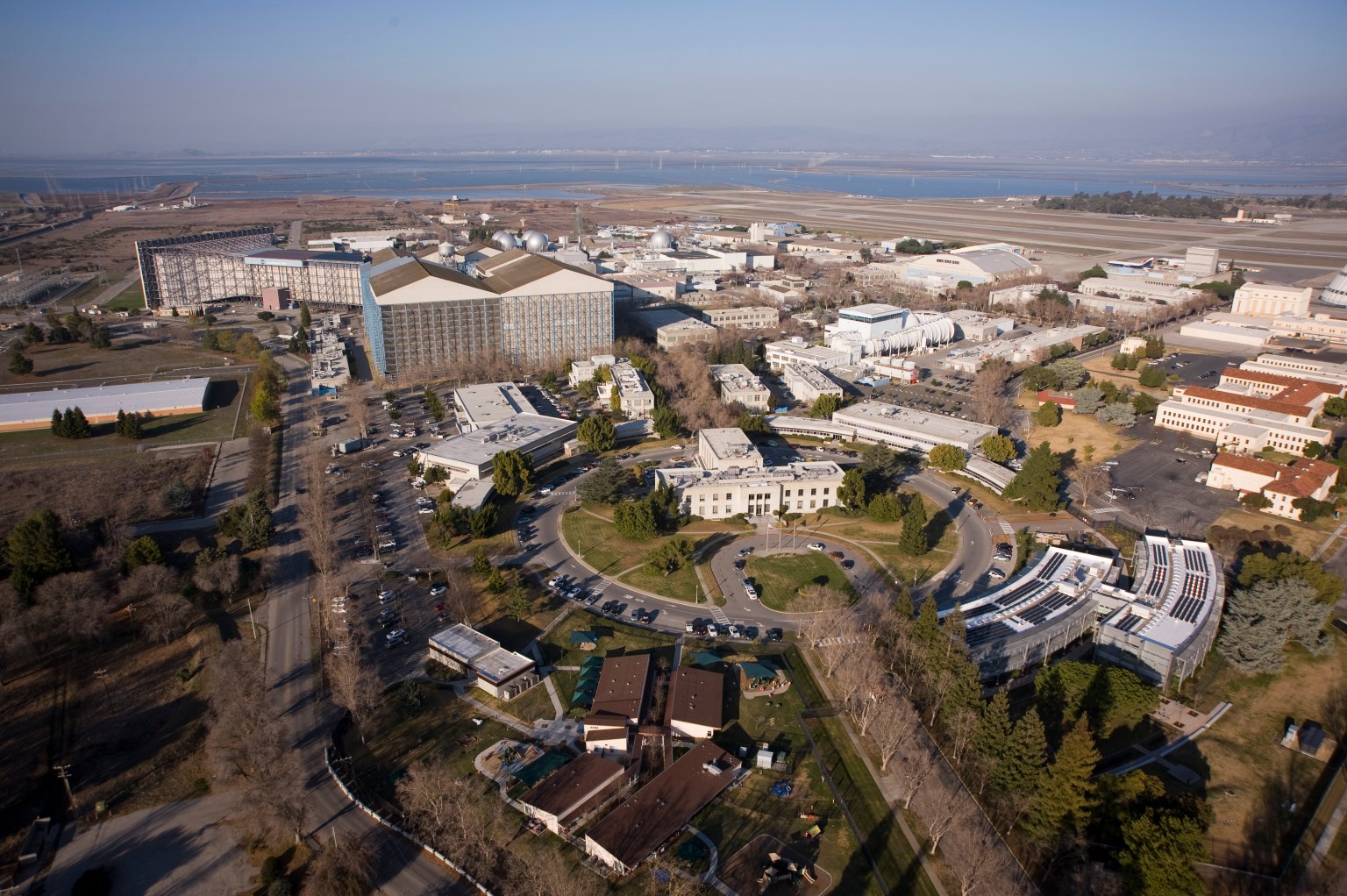Dr. Kenneth C. Cheung: Coded Structures: Seeking Autonomy in Materials and Structural Systems for Aero and Space Applications
Pushing the limits of material science is crucial for the development of future aircrafts and space vehicles. Aeronautics development is essential to improve transportation within our atmosphere and beyond. The Coded Structures Laboratory has a multi-disciplinary team investigating how to improve numerous materials qualities for aerospace structural applications. Dr. Cheung and members of the Code Structures Laboratory team will provide an overview of their research and its applications for autonomous structural systems.
Abstract:
The Coded Structures Laboratory at NASA Ames Research Center conducts research across material science, robotics, and algorithms, for application to aeronautics and space systems. The lab’s work incorporates a building-block based approach to tunable flexible aerostructures and automated assembly of ultralight lattice-based structures for space infrastructure. Publications are both theoretical and experimental in nature, and employ multidisciplinary analyses to understand the mechanics of new mechatronic and structural strategies, and to develop predictive analytical models for the design of systems with novel behavior. Then we build them, to test them.
Biographies:
Kenneth Cheung is a member of Deployable Autonomy Technologies in Code TI, where he helps to run the ARC Coded Structures Laboratory (CSL), which conducts research on the application of building block based materials and algorithms to aeronautics and space systems. He received his Ph.D. from the Center for Bits and Atoms at the Massachusetts Institute of Technology.
Nick Cramer is a member of Adaptive Control and Evolvable Systems in Code TI where his research focuses on aeroelastic modeling, control, and embedded intelligence algorithms. He received his Ph.D. from UC Santa Cruz.
Olivia Formoso is a member of Deployable Autonomy Technologies in Code TI, where her research is focused on digital material structures and robotics. She received her B.S. in Chemical Engineering from the University of Florida in 2016. Currently, she is a research engineer at the Coded Structures Lab and is pursuing her M.S. in Mechanical Engineering at San Jose State University. Previously at Ames, she supported the CHOMPTT Cubesat mission and Astrobee project.
Christine Gregg is a member of Code RM, where she works in the ARC Coded Structures Laboratory (CSL) and conducts research on ultra-light structures. She received her Ph.D. from the Department of Mechanical Engineering at UC Berkeley, where she was a NASA Space Technology Research Fellow. Her thesis focused on discrete lattice structures and lattice fracture mechanics.
Greenfield Trinh is a member of Deployable Autonomy Technologies in Code TI, where he is current a research engineer with SGT in the Coded Structures Lab. As a member of the lab, his current research activities include automated assembly of digital material structures and robotics. In his previous work at NASA Ames, he has contributed to the design, integration, and testing of small satellite projects including Powercell, EDSN, TechEdSat and others. He received his M.S. in Aerospace Engineering from San Jose State University.
Sean Swei is a member of Adaptive Control and Evolvable Systems in Code TI where his research focuses on dynamics and controls. He received his Ph.D. from Purdue University.

